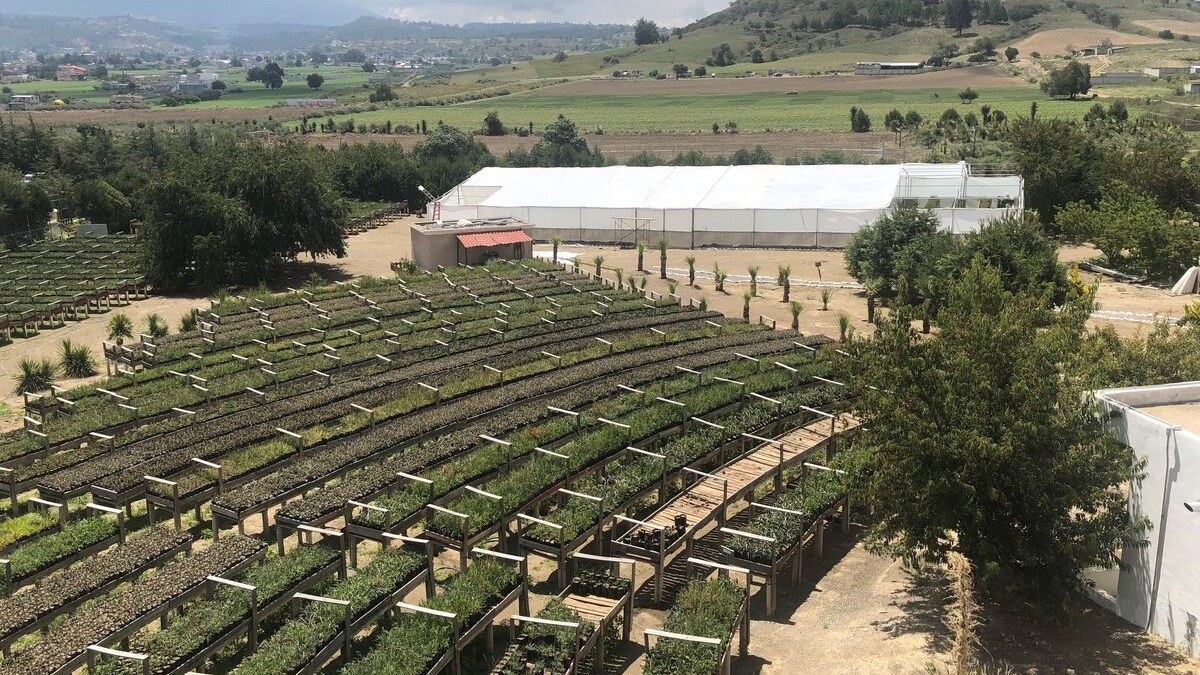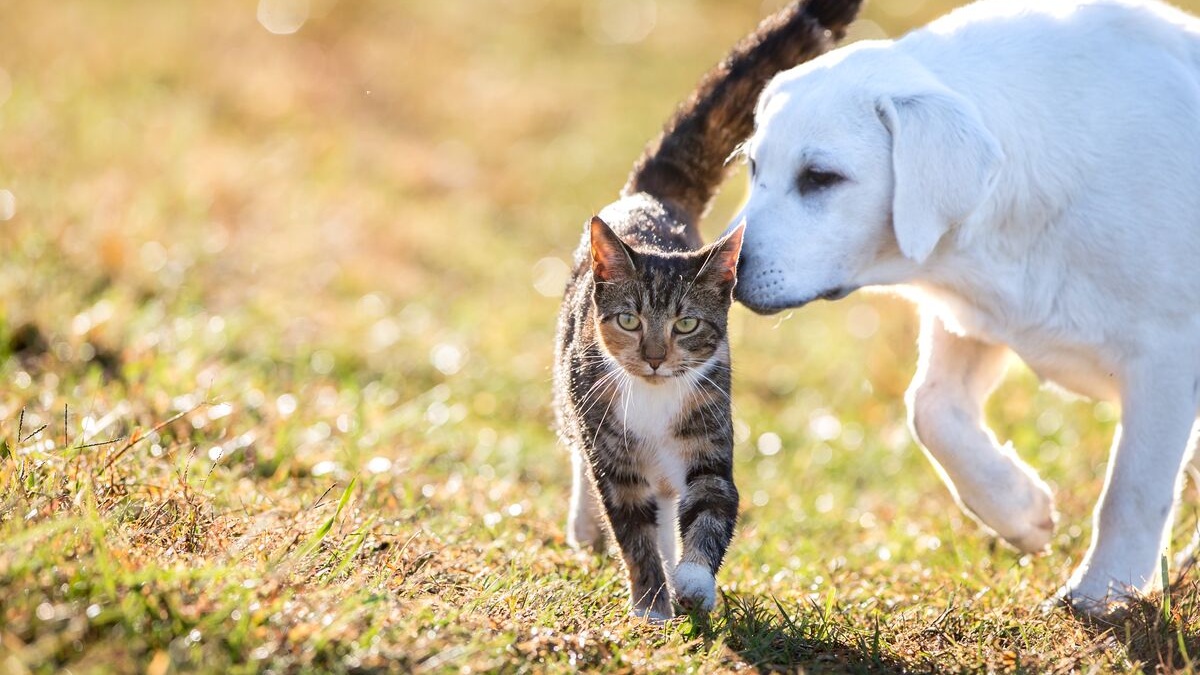Pet food experts harness the power of yucca
As responsible pet owners, we must ensure the well-being of our beloved companions while also considering the environmental impact of their care. In recent years, the concept of sustainability has gained significant traction in various industries, including pet food production.
Let’s explore the importance of the concept in pet foods, specifically highlighting the benefits of incorporating Yucca schidigera, a natural ingredient, and shedding light on farming practices that sustainably harvest this powerful plant.
Sustainability in pet foods
Pet food production carries its own unique ecological footprint, from sourcing ingredients to packaging and transportation. Embracing sustainable practices in pet food manufacturing not only reduces environmental impact but ensures the long-term health and vitality of our pets. By opting for sustainably sourced ingredients and employing eco-friendly production methods, we can contribute to a greener future for our furry companions.
What is Yucca schidigera?
Yucca schidigera, also known as Mojave yucca, is a plant native to the southwestern United States and northern Mexico that has gained recognition for its numerous health benefits in pet food. The plant contains natural saponins, which possess anti-inflammatory and antioxidant properties.
Incorporating Yucca schidigera into pet food has been found to alleviate joint pain, promote healthy digestion, reduce fecal odor, and support overall well-being.
It’s important, though, to recognize that not all yucca products are the same. How yucca is farmed and harvested can vary. Sustainability starts at the source, and regenerative agricultural practices are needed to ensure that yucca production is both environmentally and socially responsible. Working with trusted suppliers assures pet food producers that their ingredients are from safe, reliable and sustainable sources.
Companies such as Alltech understand the importance of regenerative agriculture. Alltech’s state-of-the-art production facility in Serdán, Mexico — where Deo-Pet®, a yucca-based pet food ingredient, is produced — is leading the way.
A responsible harvest
Alltech’s yucca harvest management system enables us to ensure the long-term continuity of the species. The planting area, harvesting methods and cutting plans are determined following the regulations established by the Ministry of the Environment and Natural Resources (SEMARNAT) of Mexico.
Alltech Serdán, located about 120 miles southeast of Mexico City, supports and advises potential suppliers, mostly local families, as they learn to harvest the yucca responsibly. These suppliers only cut plants that are at least 15 years old, and they cut carefully to ensure rapid regrowth.
Alltech also trains them to collect, store and remove the yucca in a way that avoids environmental damage to surrounding flora and fauna.
Reforestation and beyond
According to the reforestation rules of SEMARNAT, for every yucca tree harvested, one yucca seedling must be planted. Alltech goes above this requirement: for every yucca tree harvested, three trees are planted by local farmers. Alltech supplies the seedlings and provides training and annual programs to review these reforestation efforts. In 2022, the Serdán facility planted 80,046 seedlings in its nursery and reforested 61,113 seedlings.

Alltech Serdán also uses Yucca waste to produce compost and improve yucca seedlings growing in the nursery, reducing the total waste taken to the landfill by a full 88% from 2019 to 2022. The facility as a whole uses compressed natural gas, which reduces its CO2 emissions by 17% annually. It’s also home to Alltech’s first global renewable energy project, a photovoltaic solar energy system that further reduces the plant’s carbon footprint.
Commitment to the community
At Alltech Serdán, our commitment to a better world goes well beyond responsible yucca production. We also plant seeds of hope and connection.
Alltech Serdán has been certified by Empresa Socialmente Responsable (ESR) as a socially responsible company. This prestigious endorsement is given to businesses in Mexico that are committed to policies, programs, decision-making and actions that benefit the business and have a positive impact on people, the environment and the communities in which they operate.
The ESR certification requires companies to meet expectations in five pillars: quality of life for employees, business ethics, community involvement, environmental awareness and corporate management.
The Serdán production facility, which started with 15 employees, now has 200, making it the only significant employer in the town. It also generates employment for the 50–70 local families who supply yucca plants.
Alltech Serdán participates in numerous social projects that benefit local children, including its support of a primary school, a special-needs school, the Casa Hogar orphanage, and several other local organizations.
Nourishing pets and protecting the planet
Sustainability means taking positive action today for the success of tomorrow, and supporting companies and suppliers that prioritize responsible farming practices encourages the future adoption of sustainable approaches throughout the pet food industry.
As we move forward, there’s always room for innovation and improvement. New ideas in pet food production, like Alltech’s incorporation of sustainably sourced Yucca schidigera, are a vital step toward a greener and healthier future for our pets, our communities and our planet.
- Read more about Pet food experts harness the power of yucca
- Log in to post comments

Alltech works with local farmers to harvest and replenish yucca plants in Sérdan, Mexico.




























